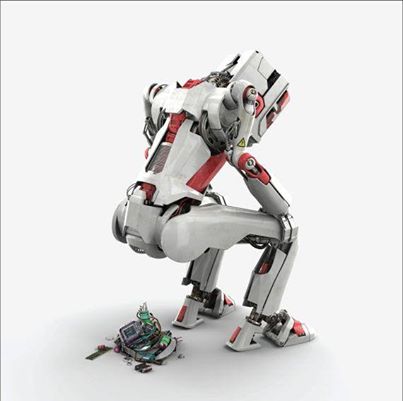One of a series of Blogs as part of a sustainability study course
Sustainability, society and you: The University of Nottingham
M&S have improved energy efficiency in their stores by 23% and their warehouses by 24%, relative to 2007 (M&S, 2011). M&S have also met their target to improve the fuel efficiency of their delivery fleets by 20% (M&S, 2011). Their total carbon emissions reduced by 13% from 2007 whilst their sales floor footage continued to grow (M&S, 2011). This demonstrates that M&S have been able to develop their business while at the same time “incorporate a range of sustainability policies, including improvements in energy efficiency.” !!
Importantly, M&S have proved that sustainability makes good business sense, by generating a net benefit of over £70m through Plan A in 2011.
The above extracts are the “new wave” way of presenting what was traditionally known as cost savings and could be restated in the company’s annual report as follows
Costs
Stores energy down 23%
Warehouse energy down 24%
Transport costs down 20%
Total savings £70m
When a business sells an item, the amount of the sale goes to the top of the Profit and Loss column. All the costs relating to making that sale are then deducted and the remaining amount goes to “The Bottom Line” this is the net margin. The Nett Margin for M&S is 4.96% so for every £100 of turnover, M&S get £4.96 http://www.google.co.uk/finance?cid=15957148
Savings on the other hand go straight to the bottom line so in order to put £70m onto the bottom line M&S would have to sell an extra £1.4bn (billion) of goods. Their revenues for 2013 were £10bn http://corporate.marksandspencer.com/documents/publications/2013/annual_report_2013.pdf
So, in order for them to make £70million from sales as opposed to savings they would have to increase the size of their business by 14%
Of course the reduction in energy usage is a good thing and being able to service their customers with a footprint that is 14% smaller than it might be is a welcome contribution to overall sustainability, but lets us be very certain that in this context “sustainability” is the marketing word for reducing costs, which is what every business that hopes to survive does on a constant basis.
The real sustainability issue is this, should 70% of the food we consume be controlled by 4/5 Supermarket chains, and what effect does their need to cut costs have on the quality of the food that they provide for us to eat.
I have been doing research on this subject for another blog I write called “A city boy on farming” and the story is not good
